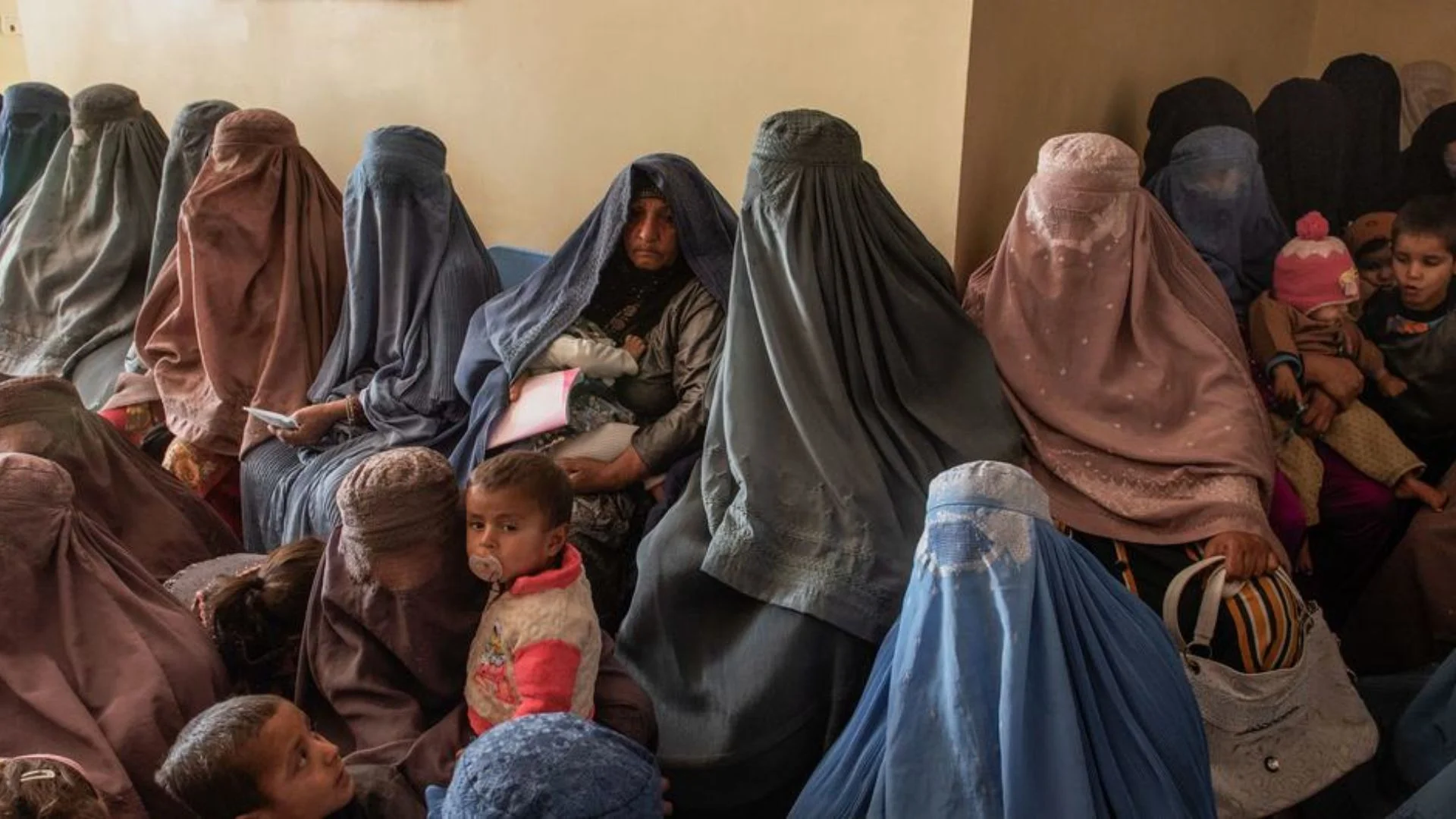Taliban Regime and the Eradication of Women’s Rights Systematically
Ever since the Taliban recaptured Afghanistan in August 2021, the rights of women have been greatly eroded. The past three years have seen the group put in place a succession of oppressive restrictions, reversing two decades of advances. Girls and women were deprived of the right to education, work, and simple liberties, triggering international outrage and concern about a “gender apartheid.”
Education Ban: Denying a Generation of Girls Their Future
The most concerning ban has been on the Taliban part with regard to the education of girls at secondary and higher levels. Afghan girls have been denied admission to schools past sixth grade since March 2022. It has excluded more than 2.2 million girls from accessing education, and Afghanistan alone in the entire globe has now been left denying girls and women an education on systematic grounds.
UNICEF and human rights agencies have cautioned that if the ban persists, it will have dire consequences. An estimated four million girls will not be educated by 2030, damaging greatly Afghanistan’s future economy and health system since there will be fewer women joining professional fields such as medicine and education.
In spite of the Taliban’s stringent regulations, women still protest within Afghanistan as well as overseas. Secret schools have been opened in hidden premises and virtual learning platforms have been launched by activists.
Employment and Public Life: Women Driven into Exclusion
Afghan women have been systematically pushed out of public life under the Taliban regime. In December 2022, the Taliban prohibited women from employment in non-governmental organizations (NGOs), delivering a severe blow to humanitarian action. Over 60,000 women were instantly unemployed, and women-headed aid programs serving women and children were compelled to close down.
Additional restrictions have prohibited women from working in government offices, the United Nations, and the majority of private companies. Women have also been forbidden from visiting parks, gyms, and public entertainment places by the Taliban, further excluding them from society. The objective of the regime seems to be imposing a total exclusion of women from public life.
Dress Codes and Travel Restrictions: Controlling Women’s Movements
The Taliban has enforced strict dress codes, requiring women to cover their bodies and faces when in public. Women traveling long distances have also been barred without male escorts.
These restrictions are reminiscent of the Taliban’s rule in the 1990s, when women were completely confined to their homes. However, the difference now is that many Afghan women have grown up in a period of relative freedom and are resisting these policies.
International Condemnation and Taliban Defiance
The United Nations has continually denounced the treatment of women by the Taliban, labeling it as the “most extreme women’s rights crackdown in the world”. UN representatives have referred to the situation as “gender apartheid”, claiming the actions of the Taliban constitute crimes against humanity.
In defiance of international pressure, the Taliban is still intransigent. The regime holds that its policies are based on Islamic law and has refused to go back on the ban on girls’ education. A number of Islamic scholars, however, have refuted the Taliban’s arguments, citing that Islam promotes the education and engagement in society of women.
Signs of Internal Dissent and Resistance
In spite of the Taliban’s strict position, there are signs of internal rifts on the issue of women’s rights. In February 2025, Abdul Salam Zaeef, one of the original members of the Taliban, openly condemned the prohibition of girls’ education, saying it was damaging the country’s international image and economic prospects. Other Taliban leaders have echoed similar sentiments, indicating cracks within the movement.
Afghan women are also still resisting. Protests, however brutally put down, persist in big cities. Afghan women’s rights activists in the diaspora are demanding greater international action.
One of the most powerful acts of resistance was from the Afghanistan women’s national football team, who were forced abroad after the Taliban coup. In March 2025, FIFA finally acknowledged the team, even though they are banned from playing in Afghanistan.
What’s in Store for Afghan Women?
With the Taliban unwilling to budge, Afghan women’s futures are unclear. Humanitarian assistance and sanctions have been offered by the international community, but critics say these have yet to effectively pressure the Taliban into reforming.
Some analysts are convinced that pressure from within Afghanistan’s own political and religious ranks might be the only means to turn around some of these policies. But unless actual action is taken, a whole generation of Afghan women could be irreparably denied their rights.
Three years since the Taliban’s resurgence, women’s rights in Afghanistan have been all but eliminated. Women have been taken out of school, workplace, and public life, setting them on a path to complete invisibility. And yet, resistance persists, and the battle for Afghan women’s freedom is far from done.









